
21 Lessons for the 21st Century
by Yuval Noah Harari
Written and narrated by Leigh Martinuzzi
Yuval Noah Harari’s latest book, 21 Lessons for the 21st Century, takes us on a thought-provoking journey and behind the enemy lines of the most pressing and challenging issues that face humanity today. His previous New York Times bestselling books, Sapiens and Homo Deus explored both the past and the future. This book tackles the present modern-day global issues and while tapping into the ideas visited in his previous books Yuval brings new conversation and innovative thoughts to help us understand where we are now and how this can bring clarity to an uncertain future.
The book is broken into five parts that form Yuval’s perspective on areas that represent key challenges and urgent problems of the 21st century. In typical Yuval style, grace and clarity he wisely untangles issues within the political, technological, existential, social and cultural landscapes. The overriding notion is that in a world full of noise and uncertainty, and where data is king, clarity at the end of the day is mighty powerful. I believe the 21 lessons will assist any reader to achieve greater clarity to the complexities of modern-day life.
Technology is clearly the way of life in the 21st century and as a global society, we’ve embraced it. The problem is that for many of us including the politicians we have very little understanding of how technology and the plausible implications will impact life. Culturally it is changing how we live. And while there are many upsides, we are already experiencing many of techs downsides.
Being that we are constantly plugged in tech has an ability to deliver an endless flow of information, true and false, and we rapidly rely on this to guide our thoughts and behaviours. With tech information lasts forever. On top of that it’s a huge distraction and that impedes on our clarity and ability to think freely. And tech can track everything.
Perhaps the critical issues are that tech is quickly becoming more knowledgeable about who we are and what we want then we ourselves are. With the ability to store more data than humans can, data now holds a significant level of power. Access to information is purposeful towards making more informed decision however greater distraction, false news, less clarity and an inability to cipher and analyse the data has us thinking less and incapable of problem solving. We instead now rely more on tech to solve our problems and make decisions for us and it’s already proving to be quite good at this. What implications does that hold for our future?
On education, it is becoming more obvious that our current curriculums are less suitable or relevant for life in the future. The unknown question is what kind of work will humans be doing? If tech continues on its path it seems obvious that what once were necessary skills to solve problems and become contributing members of a workforce, are now better left to computers.
No doubt there will be a need to have a base level of essential skills and clear understanding of key concepts but how much more information do we need to consume and learn? One could study for several years and still be less efficient and capable of doing the future jobs that robots now take care of. As Yuval suggest perhaps what we need to come good at is understanding how to think and problem solve. I feel we need to we need to become better at understanding what it means to be human.
Finding meaning to our existence and life will remain the greatest unknown and the thing humankind will continue to search for. If religion fades and enlightenment ideals backed by reason and science bring greater truth to the meaning of life, as a culture we will become driven by different motivations and even morals. Technology will certainly have its role to play in all this too.
Spirituality will become more significant in our life especially as science supports it. And our lifestyles will allow room for more meditation, more human connection and greater levels of compassion. At least that is one possible future.
Yuval Noah Harari is an innovative thought leader that does a marvellous job in capturing the attention of the reader and helping one navigate the complexities of thought. The winding paths of his 21 lessons certainly take the reader on a journey and will leave one thinking with hope they will take this lessons and thoughts into new conversation of their own. It are books like these that bring clarity that will help us better manage future uncertainties.
If this book sounds of interest you can purchase 21 Lessons for the 21st Century
here.
Please leave your thoughts, comments & questions below.
Peace, passion and purpose…
Other books that you may enjoy.
. . .
Further Reading and Resources
TED Talks: Ideas worth spreading
Elite Daily: The Voice of Generation Y
Four Hour Work Week: How to escape the 9-5, live anywhere and join the new rich.
The Minimalists: How to pursue a minimalist lifestyle and be happier.
Mind Hacks: Tips and Tricks for Using Your Brain
Rich Roll: Plantpowered Wellness Advocate
The Art of Charm: Build confidence, feel comfortable and networking differently.
The Art of Manliness: Encouraging men to be better husbands, fathers, brothers, citizens.
Tiny Buddha: Simple wisdom for complex lives.
Mind Body Green: Lifestyle media brand dedicated to inspiring you to live your best life.
Zen Habits: Find simplicity and mindfulness in life.
Creative NonFiction: “true stories well told.”
Barking Up the Wrong Tree: science-based answers and expert insight on how to be awesome at life.
The Positivity Blog: Practical articles on happiness, self-esteem, productivity and social skills.
FIND YOUR HIDDEN WHY with THE HIDDEN WHY (THW)
BUILD YOUR LIFE AROUND YOUR PASSION AND LIVE WITH PURPOSE
Sign up for free below and receive cool stuff from me each week + Plus a free copy of “The Four Pillars of Success”
In my weekly emails you will receive ideas, thoughts, learning’s and inspiration on:
- How to design a life that you want and live by your terms
- How to live a life with passion & purpose
- Methods, strategies, & techniques on life hacks
- Messages on how to better live your life
- We will also keep you up to date with fantastic interviews from THW podcast




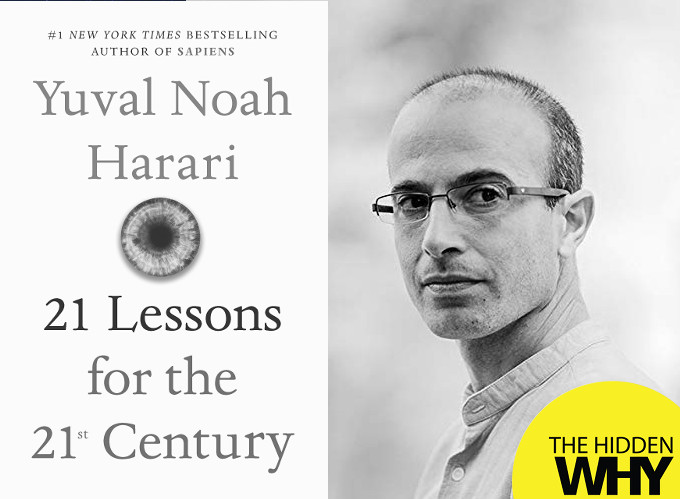
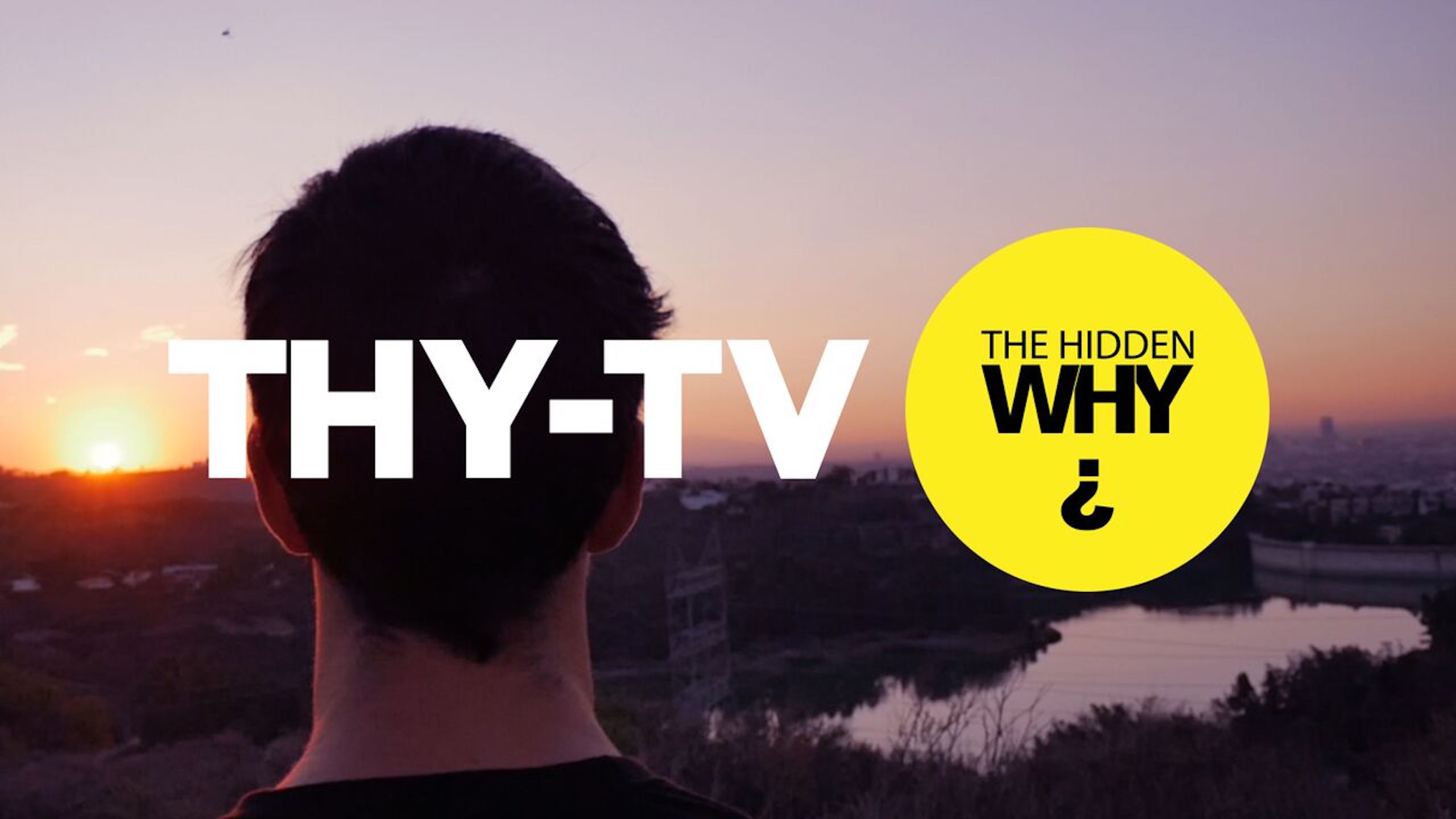
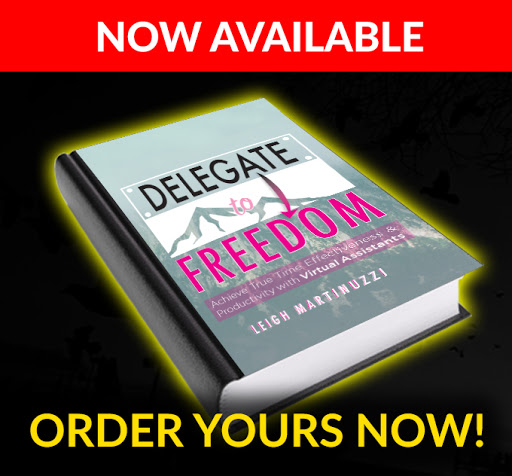
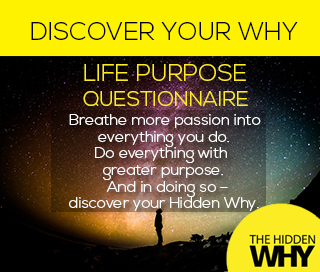




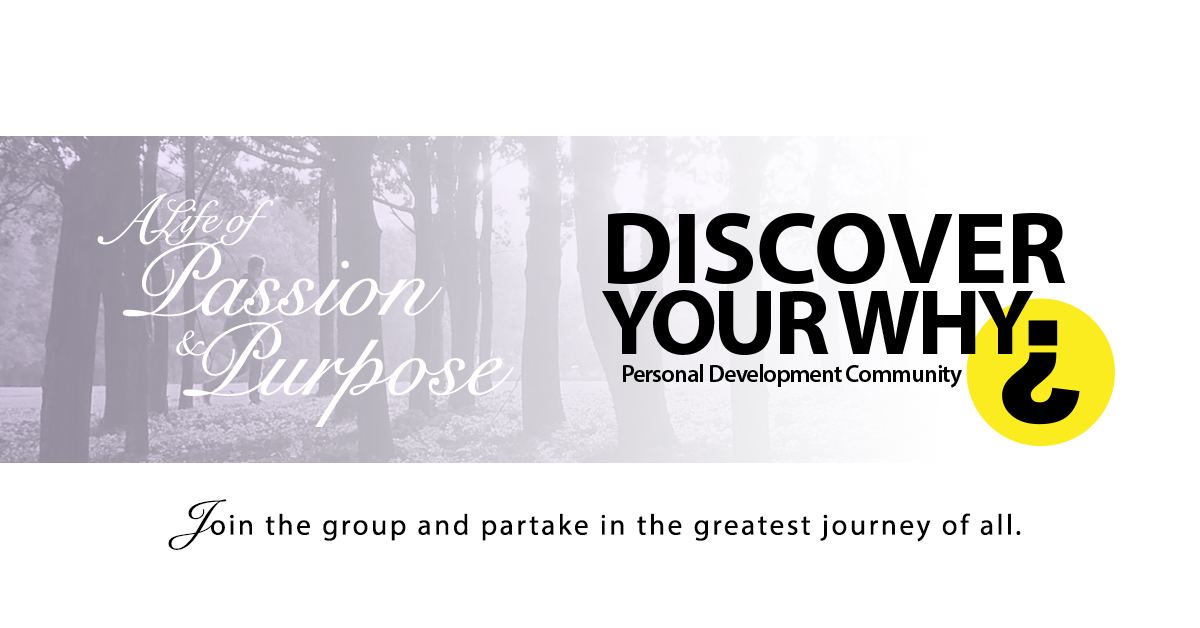
Leave a Reply